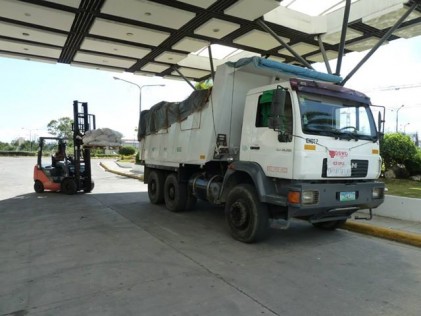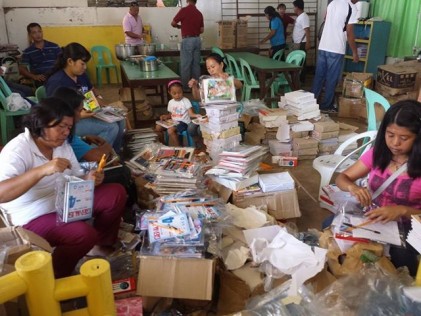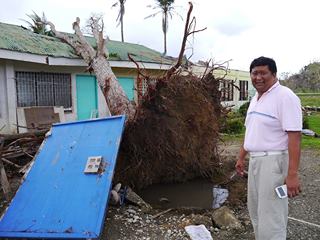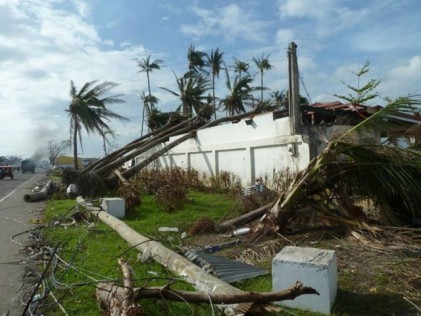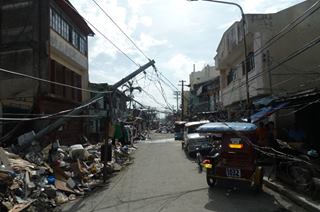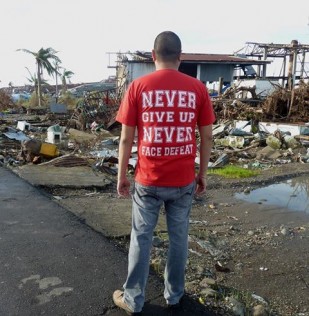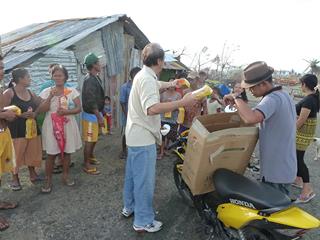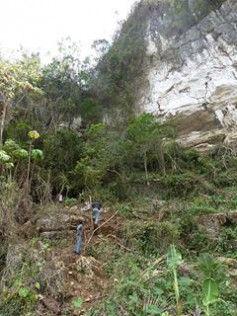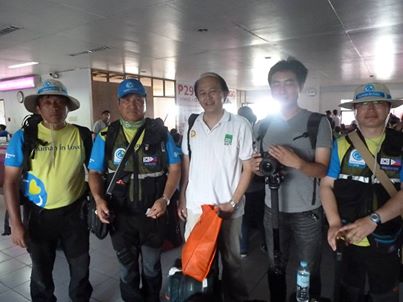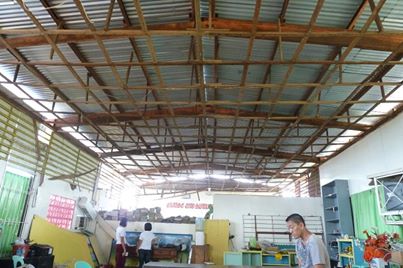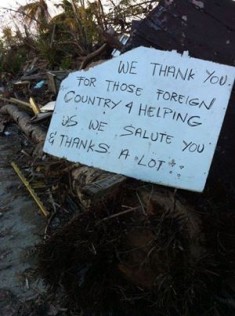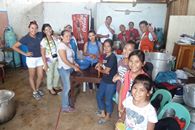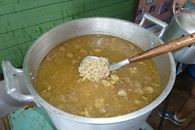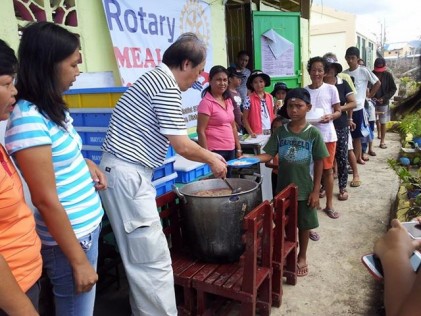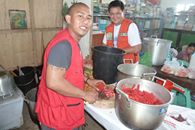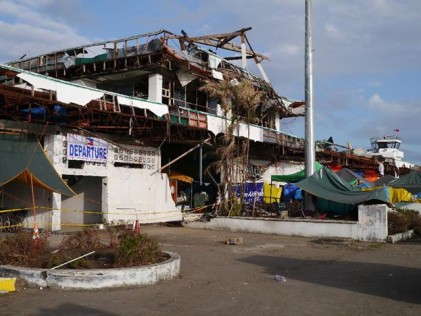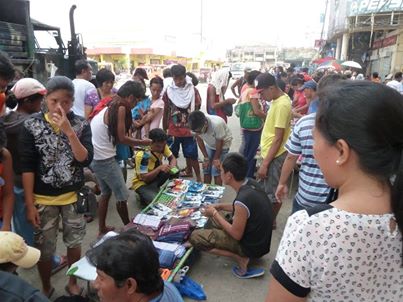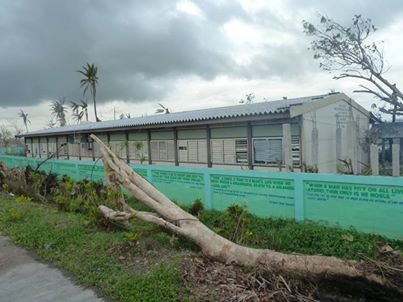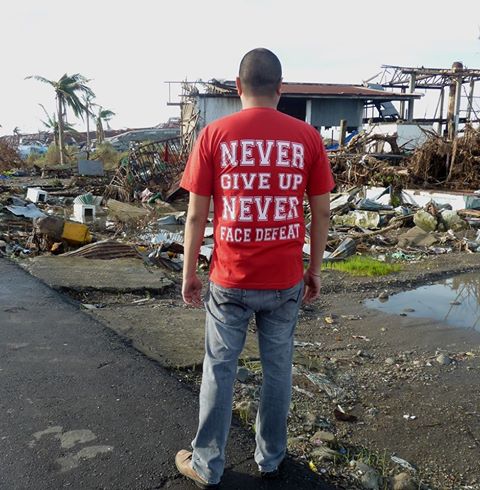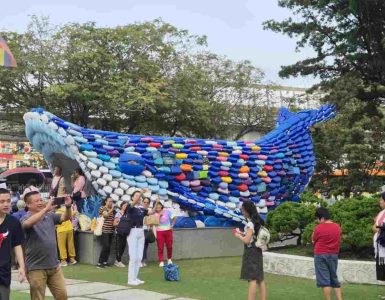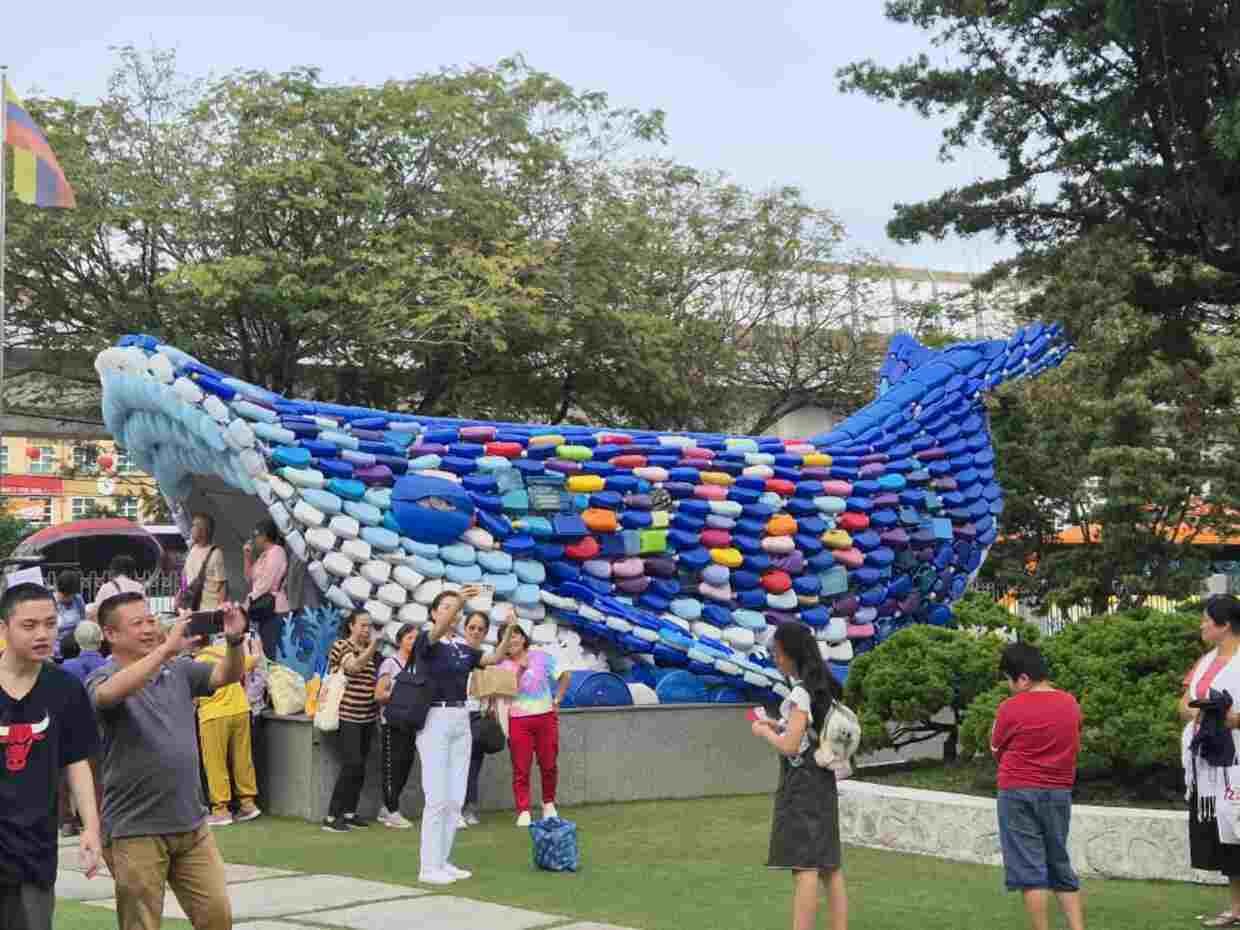Dr Ho Loon Shin, a medical lecturer with the Monash University who responded fast to Typoon Haiyan by starting a fund-raising drive not just among the Rotary clubs in Malaysia and Singapore but also among his colleagues in the university, to get cash donation for the displaced and needy, returned from the Philippines on the 3rd of December.
Safe but with a slightly injured knee, Dr Ho said,”The trip was a great success and at the end of the day, it was a team effort and applause should go to all the Rotary clubs, Rotarians, their families and the many unsung heroes who worked quietly alongside them.”
To sum up his feelings after being there for one week, Dr Ho said, “I think the wrath are extensive and heart-wrenching.”
Dr Ho managed to collect RM 400,000 just before he left but the amount has reached RM 447,000 and donations are still needed for this relief effort.
Tacloban and Ormoc, the two biggest cities on Leyte, were visited by Dr Ho. He said that while fewer people were killed in Ormoc, 90 percent of the structures were damaged leaving residents exposed to the elements and food shortages remain a big problem.
The following pictures speaks volumes about Dr Ho Loon Shin recent visit in aid of Leyte:

